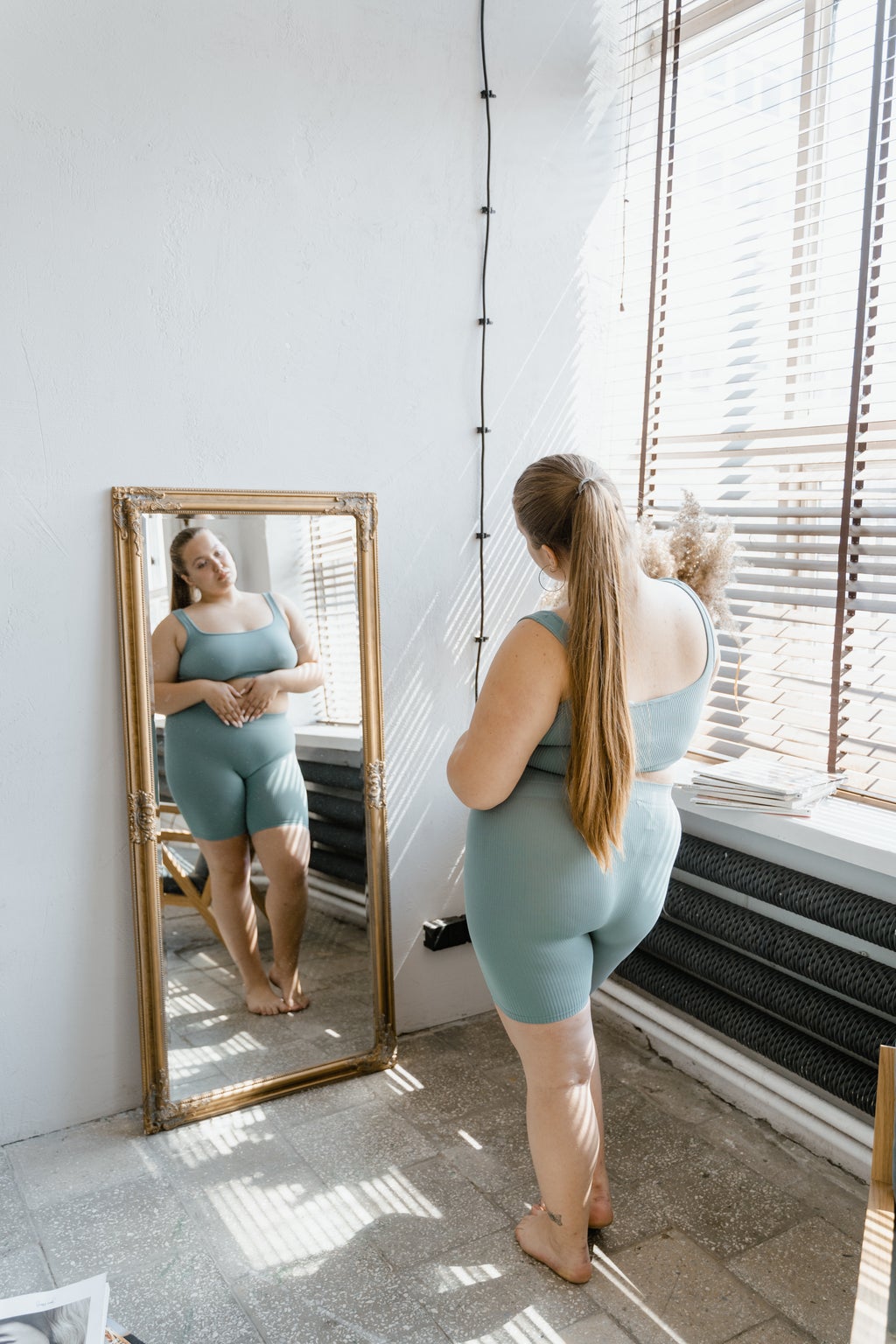The past two and a half years have been the busiest of my life. Between classes, homework, clubs, and events, I feel like I’m constantly moving and working. I keep telling myself that I just need to get through this assignment, and then I can take care of myself. But spoiler alert, there is always another assignment or urgent and important obligation. So far, this semester, I feel like I’ve put myself on the back burner. As we reach the middle of the semester and prepare for finals, I think now is the perfect time to build up some more healthy habits. This is the second article in a series on building healthy habits in college. Read my last article, Staying Mentally Healthy, here!
As we learned last week, many people misinterpret mental health to entail general self-care practices. However, mental health is more concerned with improving your memory, understanding, and overall engaging your brain. Emotional health more accurately targets self-care and is how we control and express our emotions. In my opinion, emotional health is super important but rarely worked on. So many adults have underdeveloped emotional intelligence, which impacts their mood, relationships, work, and so much more. The key to good emotional health is understanding that you will still get angry or upset. It’s how we deal with these emotions and express them that determines our health. As we enter the second half of this semester, take some time to implement emotionally healthy practices to prevent finals week stress!
- Make time to socialize
-
Even if you’re an introvert, I feel like everyone can benefit from hanging out with some friends. While the main reason why we are all at college is to get an education, meeting new people and experiencing new things are at the heart of a true college experience. Since we’re in the middle of the semester, I feel like I’ve been camping out in the library to get ahead on work. But it’s also so important to make time to hang out with your friends to make sure you have a fun, relaxing outlet. The easiest way for me to do this is to get meals with friends, but you could also go to any number of events on campus.
Socializing can look different for everyone. Are you the life of the party? Get together with some friends to plan a fun activity in town. If you’re a little bit more low-key like me, you can do something more casual. You could even do something that engages with another part of your health, such as working out with friends or doing a hobby of yours together.
- implement affirmations into your life
-
As someone who suffers from anxiety, it can be hard for me to overcome negative thoughts and patterns. I find that the more I focus on a particular problem of mine, the bigger it becomes. Recently, I have been making an active effort to engage in positive thinking. This has absolutely changed my life. I’m not telling you to lie to yourself, it’s important to recognize your problems, and it’s okay to have a bad day and negative feelings. However, taking the time to recognize something good every day is vital to maintaining good emotional health.
I know it can be awkward to randomly tell yourself, “You are beautiful,” but affirmations don’t have to come at a specific time of day. For example, if you’ve been killing all of your assignments lately, you can use this to help maintain your positive attitude or correct negative thinking. Keeping your good grades in mind, the next time you have to write a paper, you could remind yourself of how well you’ve done in the past to calm some of your fears.
- seek help
-
Everyone has different health needs, which also means that some people need more help than others sometimes. I believe that everyone should try therapy at least once, even if you feel like you don’t need it. As a society, we have normalized going to the doctor for a physical once a year because it helps doctors catch physical health issues before they become unbearable. We should encourage people to see emotional health in the same way, as regular upkeep ensures that we don’t need to take more drastic measures when it gets rough.
Gettysburg has many options to seek help or to find help for someone else. You can reach out to a PEEP, which stands for Peers Educating and Encouraging Peers to Succeed. If you feel like therapists and adults aren’t giving you the perspective or help you need, PEEPS could be the option for you. Call 717-337-6960 to make an appointment.
To make an appointment with Gettysburg College’s Counseling Services, you can email counseling@gettysburg.edu with the subject line “Appointment Request,” call 717-337-6960, or walk into the office. The office is located between the Atrium and the Jaeger Center, and they are open from 9:00 A.M. to 5:00 P.M. every day. If you are in crisis, they request that you either walk in or call the office before 4:00 P.M.
If you are in a crisis outside of these hours, the Counseling Center recommends students reach out to Campus Safety by texting or calling 717-337-6911 and requesting the On-Call Counselor, call True North Wellness at 1-866-325-0339. If you are in danger, we urge you to call 911 or seek out the nearest emergency room.
- Start Journaling
-
Journaling can help you to understand your emotions and process them, which is what emotional health is at its core. By writing down how you’re feeling, you force your brain to describe the emotions you’re experiencing, which is very helpful when you’re having some strong feelings. Journaling is also a great way to vent.
If you want to get analytical about this, journaling can also help you to track your emotions and triggers. For example, if all of your negative journal entries start with you being upset with a certain friend, this could be a hint to mend your relationship with them, or even go your separate ways. In the heat of the moment, it can be impossible to be logical about these situations, but journaling allows you to look into the past.
Journaling can look different depending on your needs. You can choose to go the traditional route and write entries every day, detailing what happened and how you felt. You could also use a Five Minute Journal to capture your general feelings of the day. You could choose to journal when you feel the need to or even just write down one thing about your day.
I hope this installment of Staying Healthy in College helped your find ways to prioritize your emotional health! There are many ways you can combine activities to prioritize emotional, mental, and physical health in the interest of saving time. You can say some affirmations while you work out, create a book club with your friends to discuss what you’re reading, or make journaling a part of your nighttime routine. Good luck!






